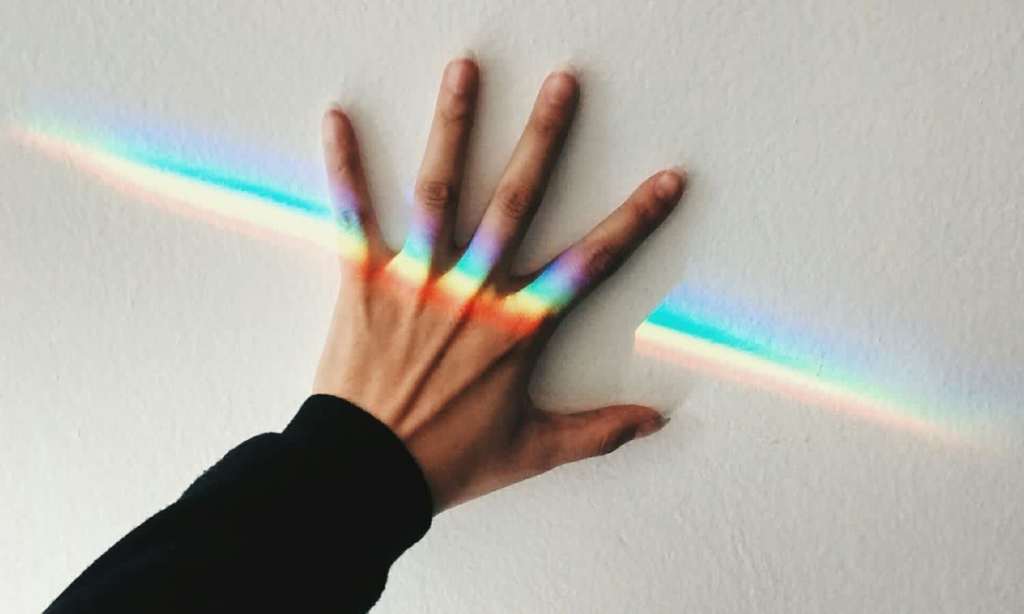Hope is a funny thing. Having hope for the future is something we all arguably have, but it manifests differently for everyone. This concept was recently studied by researchers, in order to see the different ways it impacts people.
Using “relative deprivation”, which according to Science Daily, is the belief that other people have better than you in life, researchers from the University of East Anglia (UEA) in the United Kingdom looked at why some people experiencing this turn to risky behaviours like drinking, taking drugs or gambling while others do not.
Somewhat surprisingly, the answer lies in hope. Postgraduate researcher Shahriar Keshavarz, from UEA’s School of Psychology, explains: “I think most people have experienced relative deprivation at some point in their lives. It’s that feeling of being unhappy with your lot, the belief that your situation is worse than others, that other people are doing better than you.
“Roosevelt famously said that ‘comparison is the thief of joy’. It’s that feeling you have when a friend buys a new car, or your sister gets married, or a colleague finds a better job or has a better income.”
Relative deprivation can trigger a number of negative feelings for people, including resentment and anger, and it has also been associated with poor coping strategies like risk-taking, drinking and gambling.
“Not everyone scoring high on measures of relative deprivation makes these poor life choices,” said Keshavarz. “We wanted to find out why some people seem to cope better, or even use the experience to their advantage to improve their own situation.
“There is a lot of evidence to show that remaining hopeful in the face of adversity can be advantageous, so we wanted to see if hope can help people feel happier with their lot and buffer against risky behaviours.”
In order to explore this, researchers carried out two lab experiments with 55 participants, who were quizzed about how often they feel hope versus relative deprivation. Researchers attempted to induce feelings of relative deprivation in participants by comparing their lives to that of their peers, based on questionnaires about their family income, age and gender. The participants then took part in gambling games that were specially designed to include risk-taking behaviours with the chance to win real money.
“The aim of this part of the study was to see whether feeling relatively deprived — elicited by the knowledge that one has less income than similar others — causes greater risk-taking among low-hopers and decreased risk-taking among high-hopers,” Dr Piers Fleming said.
“We looked at the people who scored high for relative deprivation, the ones that thought their situation in life was worse than those around them. And we looked at those who also scored high for hope. We found that the volunteers who scored high for hope were much less likely to take risks in the game. Those who weren’t too hopeful were a lot more likely to take risks.”
A separate experiment also looked at how hope helped people in the real world. Researchers gathered 122 participants who had gambled and asked them to complete questionnaires to determine how hopeful they were, whether they experienced relative deprivation and to measure their relationship with gambling.
“When we looked at these scores compared to scores for hope and relative deprivation, we found that increased hope was associated with a decreased likelihood of losing control of gambling behaviour — even in those who experienced relative deprivation,” Keshavarz said.
“Interestingly, our study found no significant relation between hope and gambling severity among relatively privileged persons. We don’t know why this is, but it could be that they are gambling recreationally or better able to stop when the fun stops.”
While more research is undoubtedly needed, this research does show that nurturing hope in people who are unhappy with their life can protect against potentially harmful behaviours like drinking and gambling. And, in a year where it has been hard to muster hope, it’s a good reminder that having hope for the future can help you on the road to finding a little more happiness in your life.







